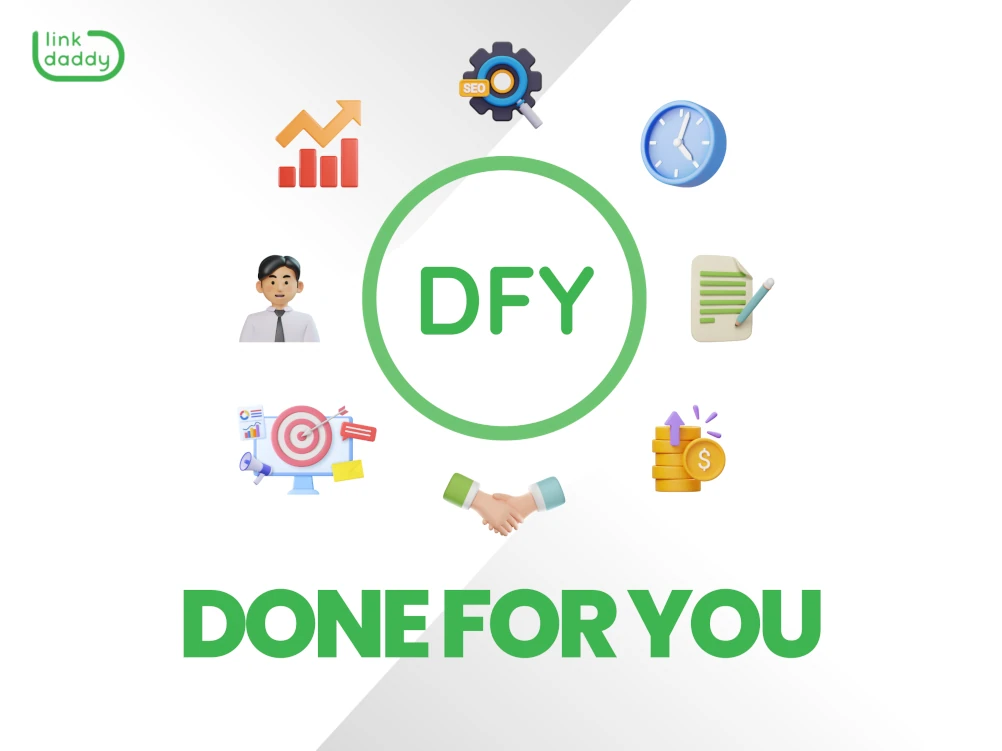Unwinding the Mystery Behind Cloud Providers: What You Need to Know
In today's quickly developing technological landscape, the concept of cloud services has actually come to be significantly prevalent, yet continues to be shrouded in a shroud of enigma for several. From the different kinds of cloud implementation designs to the crucial protection factors to consider that come into play, navigating the realm of cloud services can be a complicated job.
Comprehending Cloud Providers
To grasp the idea of cloud services, one need to understand the essential concepts of virtualized computer and remote data storage. Cloud services, also referred to as cloud computer, involve the delivery of computing services-- including servers, storage space, data sources, networking, software application, and analytics-- over the internet to offer faster innovation, adaptable sources, and economic climates of scale. This version permits organizations to access modern technology sources without the requirement for straight monitoring of the underlying facilities.

Understanding these fundamental elements of virtualized computing and remote information storage is crucial for comprehending the benefits and capabilities of cloud solutions in today's digital landscape. - universal cloud Service
Sorts Of Cloud Release Models
Cloud implementation designs incorporate various methods for deploying and managing cloud computing services to meet details business needs efficiently. There are largely 3 sorts of cloud implementation models: public cloud, personal cloud, and hybrid cloud.
Public Cloud: Public cloud services are supplied by third-party vendors over the net, making them easily available and cost-efficient. These services are perfect for organizations looking to unload IT procedures and maintenance to outside carriers.

Hybrid Cloud: Crossbreed cloud integrates elements of both public and exclusive clouds, allowing companies to utilize the scalability of the general public cloud while maintaining control over vital applications and data in an exclusive cloud setting. This design provides flexibility and customization options, making it a preferred selection for services with vibrant work and differing IT requires.
Advantages of Cloud Provider
Enhancing operational efficiency and cultivating innovation, cloud services supply a wide range of benefits for modern companies seeking to enhance their IT facilities. One of the key advantages of cloud solutions is cost-effectiveness.
Another advantage is boosted adaptability and scalability. Cloud solutions give businesses with the ability to quickly adapt to altering market problems and scale their procedures up or down as required. This agility allows organizations to respond quickly to brand-new possibilities and difficulties, read the full info here providing them an one-upmanship in today's busy organization setting.
Furthermore, cloud services supply improved data security and calamity recuperation capacities. On the whole, leveraging cloud solutions can encourage organizations to simplify procedures, drive advancement, and accomplish long-lasting success in the digital age. linkdaddy cloud services.
Protection Factors To Consider in the Cloud
In the realm of cloud solutions, prioritizing durable security procedures is vital for guarding sensitive data and making certain operational website here durability. When taking into consideration security in the cloud, it is vital to resolve factors such as data encryption, identity and accessibility monitoring, network safety and security, and compliance with market laws. Encryption plays an important duty in shielding information both at remainder and en route, ensuring that info stays private and safe from unapproved accessibility. Identification and accessibility monitoring devices aid control that can accessibility information and sources within the cloud setting, lowering the threat of information breaches.
Moreover, implementing stringent network safety and security procedures, such as firewall programs and breach detection systems, can assist protect against cyber risks and unauthorized access to cloud framework. Conformity with market guidelines, such as GDPR or HIPAA, is crucial for organizations handling sensitive data to stay clear of lawful implications and keep count on with customers. By addressing these safety considerations proactively, companies can minimize dangers and with confidence take advantage of the advantages of cloud services while guarding their digital properties.
Selecting the Right Cloud Provider
As organizations navigate the intricate landscape of safety factors to consider in the cloud, the process of selecting the ideal cloud solution provider becomes vital for making sure thorough data protection and operational performance. When picking a cloud service supplier, organizations have to consider a number of vital elements.
Furthermore, organizations must check out the scalability and flexibility of the cloud solutions supplied to ensure they align with present and future business requirements. By performing thorough research study and due persistance, companies can select a cloud solution provider imp source that not only satisfies their technological needs but likewise maintains high criteria of security and performance.
Final Thought
In verdict, cloud solutions offer various benefits such as scalability, expense efficiency, and versatility. Recognizing the different kinds of cloud release designs and taking into consideration safety steps are essential when picking a cloud solution provider. It is essential to examine the certain demands of a company and carefully assess the choices offered to guarantee an effective transition to the cloud.
From the different types of cloud deployment models to the important protection considerations that come into play, browsing the realm of cloud solutions can be a daunting job. Cloud solutions, also recognized as cloud computer, involve the distribution of calculating services-- consisting of web servers, storage, data sources, networking, software program, and analytics-- over the net to use faster development, flexible sources, and economic situations of range. Hybrid Cloud: Hybrid cloud combines elements of both public and private clouds, permitting companies to utilize the scalability of the public cloud while maintaining control over crucial applications and data in a personal cloud environment.As organizations browse the complex landscape of protection factors to consider in the cloud, the procedure of picking the right cloud service supplier ends up being paramount for making certain extensive data defense and functional effectiveness. Comprehending the various types of cloud release designs and taking into consideration safety and security actions are vital when choosing a cloud service supplier.